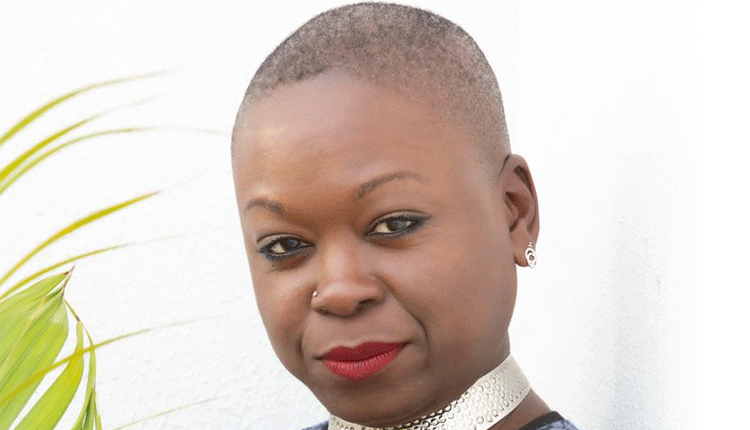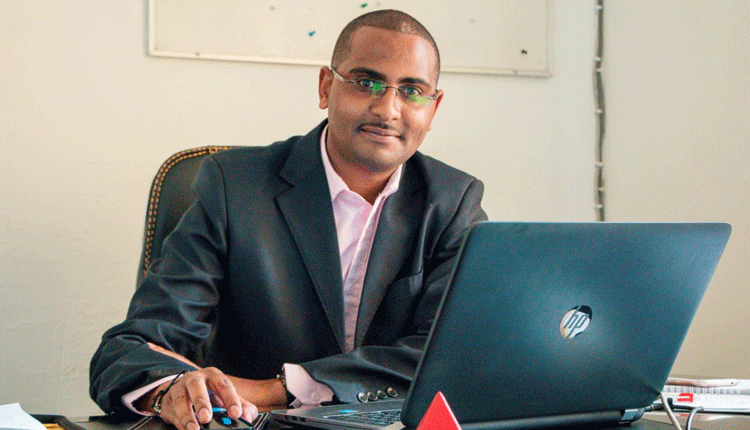Have you ever done something you were not proud of? Well, don’t let this steal your happiness and motivation

Show me a man without regrets and I will show you a man that has not lived; goes one popular saying.
People regret things they did in the past and those that they did not do. Some people for instance regret staying in bad marriages for too long while others regret never having been married at all.
But while having regrets is a natural part of life and growing, they can prevent someone from living a full life.
Ken Munyua, a leading psychologist in the country defines regrets as the pain of self-inspection and retrospection.
Coach Vuyanzi Rod, a leading self-development and life coach defines regrets as feeling sad or bad over something that has already happened.
Productive regret can help you learn to change your behaviour for the future.
Unproductive regret, where you completely blame yourself, can create chronic stress which leads to health problems.
“No one gets into something so they can regret it later. Many times we are purposeful and intentional in what we get our hands and minds into.
No one anticipates or deliberately works towards making things go wrong. When things go wrong as they often will, there is a lot of guilt, hurt and sorrow in looking at something with the wisdom of hindsight.
As such, regretting is an emotional turmoil in large part powered by the brain, that comes and goes at any time.
Regret can immobilise someone completely or slow down their decision making process as once bitten twice shy.

It can make someone lose confidence in their decision making abilities if their past decisions were bad.
It can reduce productivity as it dullens the vigour to live to one’s full potential.
Regret has a way of robbing someone from fully living in the present and can rob someone of an amazing future,” Ken elaborates.
Role of self-awareness
Coach Vuyanzi defines regret as bad feelings about the past that affect our perception and response to the present and future.
She emphasises that feeling bad about the past, especially something you cannot change, is purely a personal decision.
When left unchecked, regret can turn into self-criticism and self-flagellation where someone repeatedly tells themselves off and punishes themselves for past mistakes.
But how can someone know if they are dwelling too much in regret? Self-awareness, she says, is the short answer. Self-awareness does not come from living an unexamined life.
One needs to take stock of their thoughts and feelings in order to see what events or which people provoke feelings of regret and its correlated emotions of pain, fear, doubt, and shame.
One needs to note when they are having negative thoughts about themselves or indulging in regret.
One should not allow such thoughts to hijack their emotions and define their actions.

They should acknowledge the thoughts and seek to change them into more positive ones through positive dialogue and affirmations.
It will take time, but it is doable. One should practice acceptance. Acceptance by definition is the act of receiving something being offered. What can you receive from the experience that you regret?
What lessons is the experience offering you? Accept the lessons and purposefully move forward.
Taking responsibility
Ken concurs with this. He emphasises the importance of forgiving yourself and letting go of the past. “Use the past as a learning curve rather than a prison.
Often times, people like indulging the past, replaying scenarios, regretting them and wishing that they had done things differently.
But the truth of the matter is that you did not know then what you know now. You did not have the tools that you have now.
You will always be judging your past self and actions from a place of higher intelligence and it is not fair to castigate who you were then as you were doing the best you could then. Forgive yourself.
Allow yourself those past follies and then let them go. Try and understand the person you were then, why you did what you did, accept it and stop ruminating on the past and willfully work towards being better.
Journalling your feelings, both about the past and your hope for the future can help. However, acceptance should be about things you cannot change.
For things that you can change such as going after your dream job or leaving a toxic relationship, do not just accept it as done, do the right thing. Course correct,” Ken sagely advises.
Coach Vuyanzi warns that powering past regrets does not mean ignoring past mistakes of omission or commission and shirking responsibility for them.
Acceptance involves not being egoistic enough to realise what they did wrong, acknowledge it, make amends, then power forward.
While this sounds easy, it might be hard to practice since habits, whether physical or mental are hard to break.
“If you have practiced a life of regrets, it is now habitual, you need to unlearn this. Start by using daily words of affirmation to build acceptance and reframe past events and thought processes.
Affirmations are a powerful tool that leverage the brains neuroplasticity. We all can learn new ways of doing things and thinking if we work at it.
Believe that you are capable of accepting what has been done. In fact, let one of the affirmations say just that, ‘I have accepted what has been done…’
Along with the daily affirmations, start believing that you are okay with the past. Time, intention and actions will make sure that you are.
By accepting the past, one is free to live a better today and tomorrow,” coach Vuyanzi says in ending.












